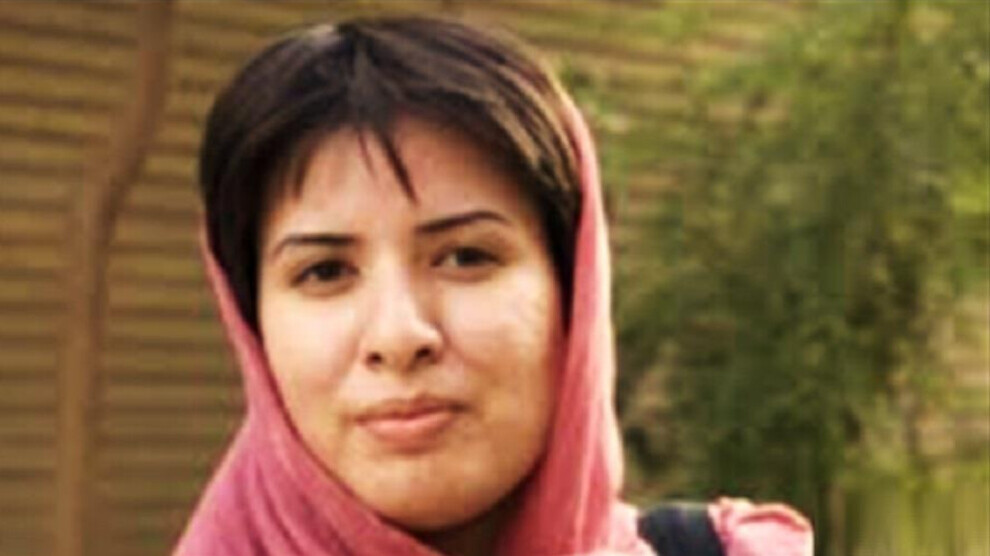Political prisoner Sumeye Rashidi's health is critical
Political prisoner Sumeye Rashidi, held in Karchak Prison, is deteriorating. Her family claims that authorities are attempting to disguise her condition as a "suicide attempt" after she was transferred to the hospital.

Tehran - Sumeye Rashidi was detained and arrested in Tehran's Javadiye neighborhood on April 24 and sent to Karchak Prison in Veramin. Political prisoner Sumeye Rashidi was reportedly transferred to Mefteh Hospital after her health deteriorated and she suffered frequent seizures.
Her family fears for her life
Her family has expressed serious fear for her life. On April 26, Sumeye Rashidi was transferred from the June 15 Detention Center to the women's wing of Evin Prison. She was then transferred to Karchak Prison following the Israeli attack on Evin Prison on June 23. Close sources reported that Sumeye Reşidi was subjected to violence while in custody and had been complaining of headaches and physical problems for months.
However, prison doctors dismissed her requests for medical attention as "faking" and only prescribed neuroleptics. Doctors currently assess Sumeye Reşidi's level of consciousness as 5, stating that if it drops to 3, she faces a serious risk of death. Meanwhile, Sumeye Reşidi's family says authorities are attempting to portray her hospital transfer as a "suicide attempt."
Sumeye Reşidi was previously detained in 2009. An activist with the One Million Signatures Campaign, she was one of the "star students" prevented from pursuing a master's degree in women's studies.
Payment for hospital transfer is being demanded
A group of female political prisoners in Karçak previously wrote a letter to the Chief of the Judiciary, stating that their rights were being violated due to their political views. Prison authorities are also reportedly demanding money from families to transfer patients to treatment centers, a practice that threatens the lives of more than 1,200 detainees, including 60 political prisoners.
Could lead to deaths
A former prisoner at Karchak Prison stated that medications are administered to prisoners without a medical professional's diagnosis, in some cases leading to worsening illnesses and even death.
Human rights organizations have repeatedly warned that denying political prisoners access to treatment is being used as a tool in Iran to silence and oppress them.
